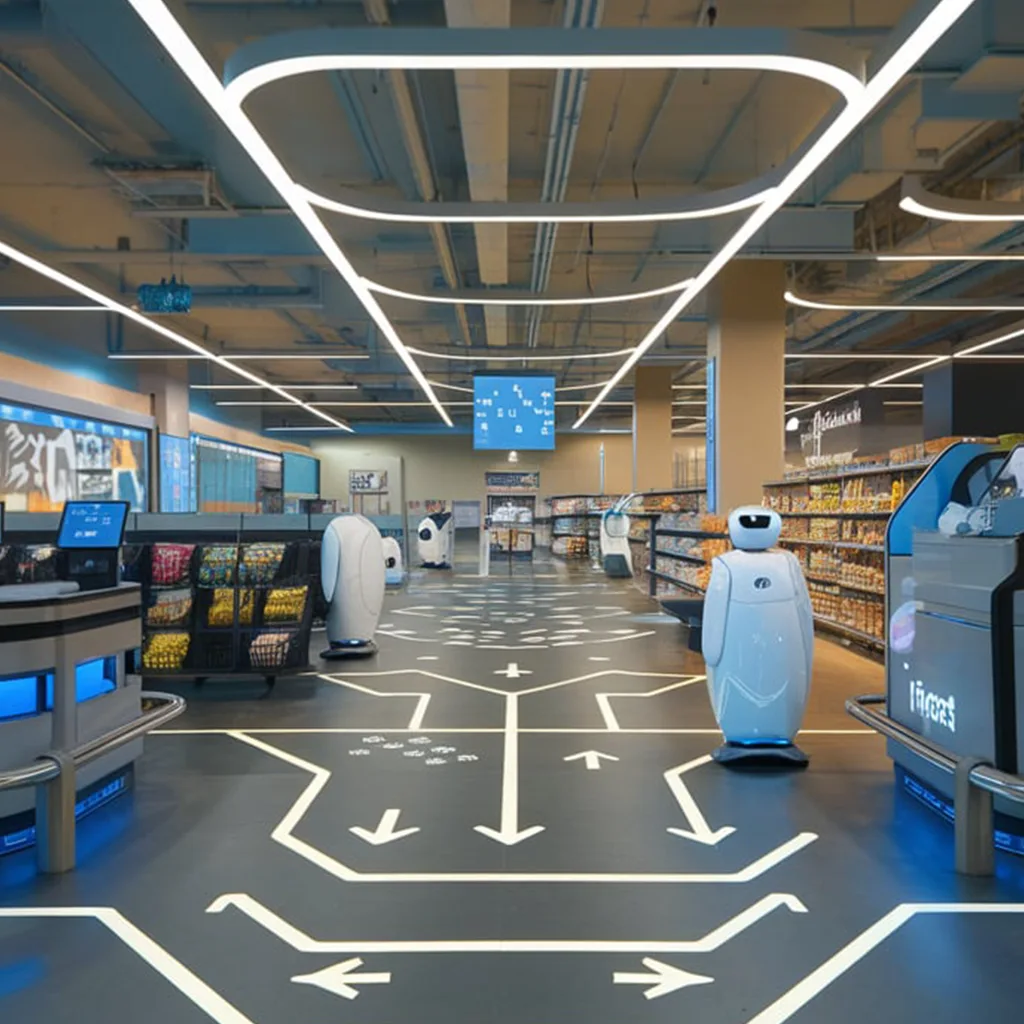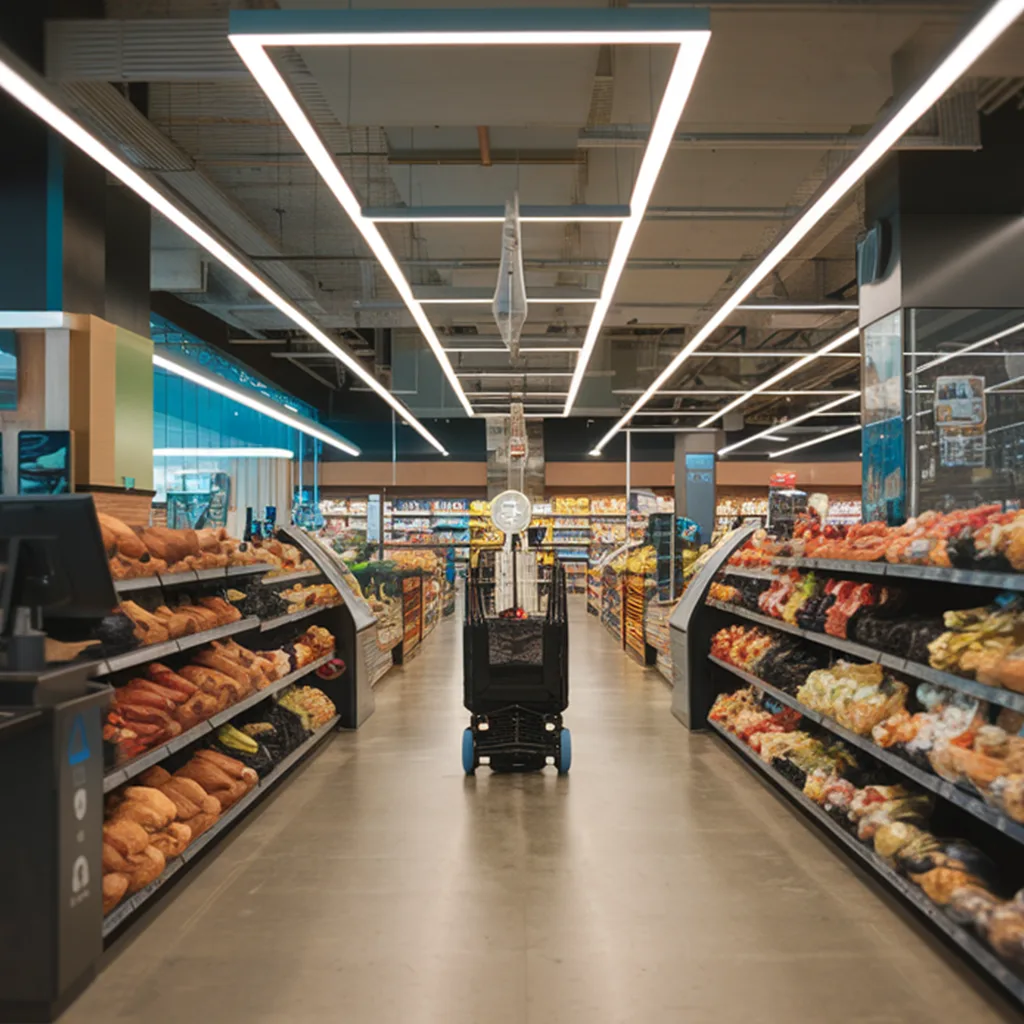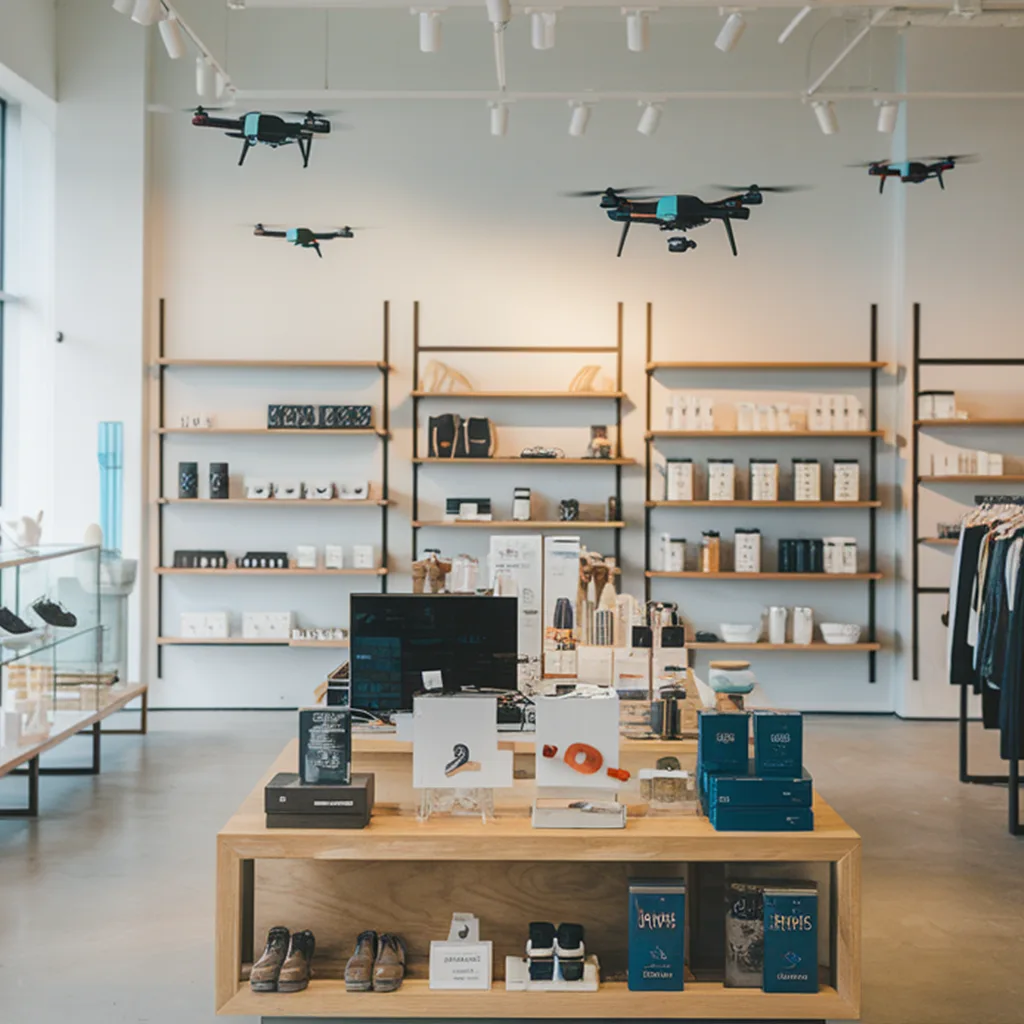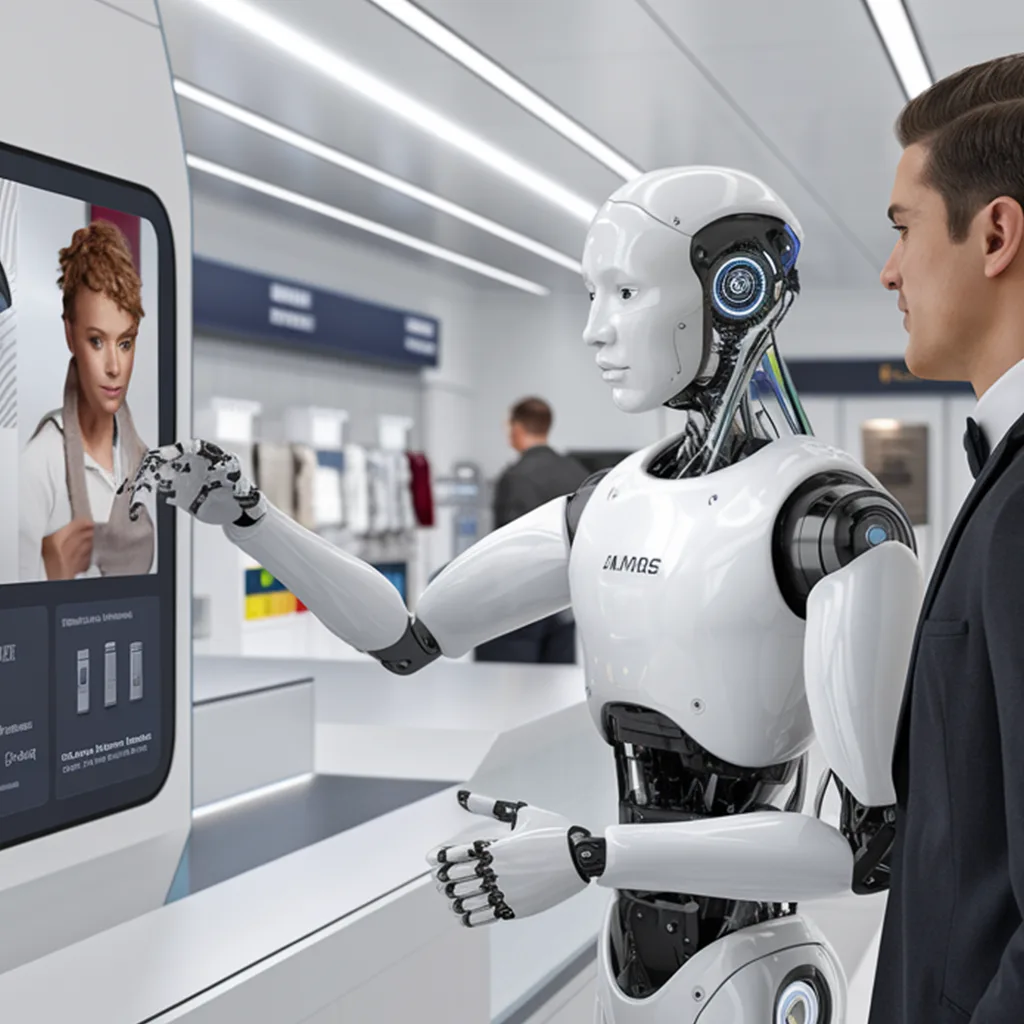Revolutionizing the Shopping Experience
Automation is reshaping the landscape, from streamlining operations to enhancing customer experiences. As technology continues to advance, it’s crucial for businesses to stay ahead of the curve. Let’s explore the latest trends in retail automation and how they’re shaping the future of shopping.
Retail automation involves the use of technology to perform tasks traditionally carried out by humans, such as inventory management, checkout processes, and customer service. By automating routine tasks, retailers can improve efficiency, reduce costs, and deliver a seamless shopping experience.
The Rise of AI and Machine Learning
Artificial Intelligence (AI) and Machine Learning (ML) are driving significant advancements in retail automation. These technologies enable retailers to analyze vast amounts of data, predict consumer behavior, and personalize marketing strategies. From chatbots that provide instant customer support to recommendation engines that offer personalized product suggestions, AI and ML are transforming the shopping journey.
Moreover, AI-powered systems can optimize inventory management by forecasting demand and automating replenishment processes. This ensures that retailers maintain optimal stock levels, reducing instances of overstocking or stockouts. Additionally, AI-driven analytics provide retailers with valuable insights into customer preferences, allowing for targeted marketing campaigns and product offerings.
AI and ML enhance fraud detection and security measures, safeguarding customer data and transactions. By analyzing patterns and anomalies in real-time, these technologies can identify potential threats and mitigate risks proactively.
AI and ML are integral components of retail automation, offering retailers unparalleled capabilities to enhance customer experiences, streamline operations, and drive business growth. As these technologies continue to evolve, their impact on the retail industry will only become more profound.
Contactless Shopping Solutions
In response to the COVID-19 pandemic, contactless shopping solutions have surged in popularity. Retailers are implementing technologies such as mobile payments, self-checkout kiosks, and scan-and-go systems to minimize physical contact and enhance safety for customers and employees alike. Contactless shopping not only addresses health concerns but also provides a more convenient and efficient shopping experience.
Inventory Management and Supply Chain Optimization
Effective inventory management is critical for retailers to meet customer demand while minimizing costs. Automation tools such as RFID tracking, barcode scanning, and automated replenishment systems enable real-time monitoring of inventory levels, reducing stockouts and overstock situations. Additionally, AI-powered demand forecasting algorithms help optimize supply chain operations, ensuring products are available when and where they’re needed.
Enhanced Customer Experiences
Retail automation is revolutionizing the way customers interact with brands. Interactive displays, virtual try-on experiences, and personalized recommendations create immersive shopping experiences that drive engagement and loyalty. By leveraging data insights and automation technologies, retailers can anticipate customer needs and deliver tailored experiences across both online and offline channels.
Automation enables retailers to optimize inventory management, ensuring products are readily available when customers need them. This leads to improved customer satisfaction and increased sales. Additionally, automation streamlines checkout processes, reducing wait times and enhancing overall convenience for shoppers. Moreover, automation can facilitate dynamic pricing strategies, allowing retailers to adjust prices in real-time based on demand, competition, and other factors.
Retail automation holds immense potential to transform the industry by enhancing customer experiences, improving operational efficiency, and driving business growth. As technology continues to evolve, retailers must embrace automation to stay competitive and meet the ever-changing needs of modern consumers.
Addressing Cybersecurity Concerns
As retailers embrace automation, cybersecurity becomes a top priority. Protecting sensitive customer data and securing payment transactions are paramount. Retailers must invest in robust cybersecurity measures, including encryption, tokenization, and multi-factor authentication, to safeguard against cyber threats and data breaches.
Overcoming Resistance to Change
While automation offers numerous benefits, some employees may fear job displacement or feel apprehensive about learning new technologies. It’s essential for retailers to provide comprehensive training and support to help employees adapt to automation initiatives. By emphasizing the role of automation in enhancing job roles and creating new opportunities, retailers can mitigate resistance to change
The Future of Retail Automation
Looking ahead, the future of retail automation holds immense potential. Advancements in robotics, IoT, and predictive analytics will continue to drive innovation and reshape the retail landscape. Retailers that embrace automation and leverage technology to enhance the shopping experience will thrive in an increasingly competitive market
Frequently Asked Questions
How can retailers implement automation solutions without disrupting existing operations?
Retailers can implement automation solutions without disrupting existing operations by gradually introducing technology and providing comprehensive training to employees. Starting with small-scale pilot projects and gradually scaling up allows for smoother integration with minimal disruption.
What are the potential cost savings associated with retail automation?
The potential cost savings associated with retail automation are significant. By automating repetitive tasks, retailers can reduce labor costs, minimize errors, optimize inventory management, and improve operational efficiency. These cost savings can contribute to increased profitability and competitiveness in the market.
Are there any ethical considerations to be aware of when deploying automation technologies in retail?
Yes, there are ethical considerations to be aware of when deploying automation technologies in retail. Retailers must ensure that automation does not compromise customer privacy or data security. Additionally, ethical concerns may arise regarding job displacement and the impact on employees’ livelihoods. It’s essential for retailers to prioritize ethical practices and consider the broader implications of automation adoption.
How can small businesses leverage automation to compete with larger retailers?
Small businesses can leverage automation to compete with larger retailers by focusing on areas where automation can provide the most significant impact, such as streamlining operations, enhancing customer experiences, and optimizing marketing strategies. Embracing cost-effective automation solutions tailored to their specific needs can level the playing field and enable small businesses to compete more effectively.
What role will automation play in shaping the future of brick-and-mortar stores?
Automation will play a crucial role in shaping the future of brick-and-mortar stores by enabling them to adapt to changing consumer preferences and market dynamics. Retailers can leverage automation to create more immersive and personalized shopping experiences, optimize store layouts, and enhance operational efficiency. Additionally, automation can facilitate the integration of online and offline channels, creating a seamless omnichannel shopping environment.





